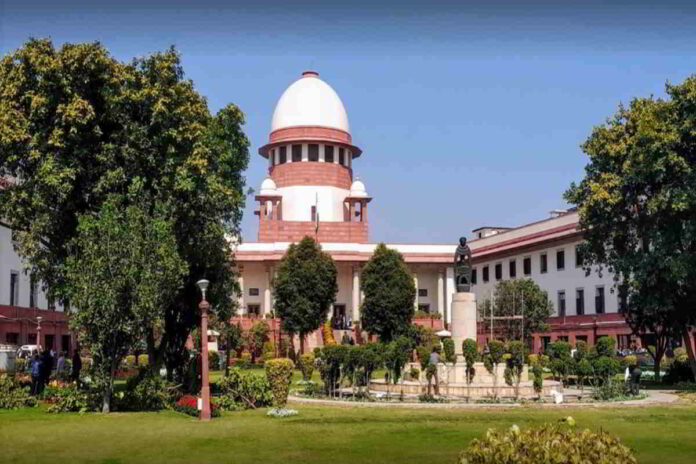Recently, the Apex Court upheld the conviction of a man for the murder of his wife after noting that he offered no explanation for the death which took place within the privacy of his home. The Court noted that in such incidents where the incident happened within the privacy of the house, the accused is
To Read More Please Subscribe to VIP Membership for Unlimited Access to All the Articles, Download Available Copies of Judgments/Order, Acess to Central/State Bare Acts, Advertisement Free Content, Access to More than 4000 Legal Drafts( Readymade Editable Formats of Suits, Petitions, Writs, Legal Notices, Divorce Petitions, 138 Notices, Bail Applications etc.) in Hindi and English.







